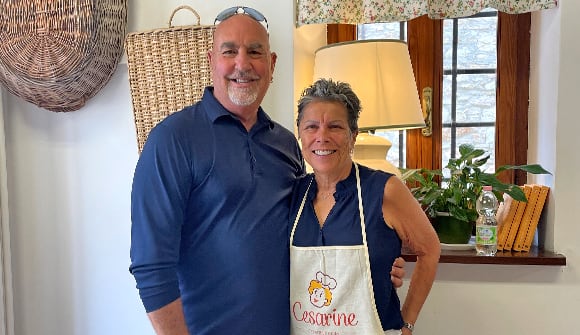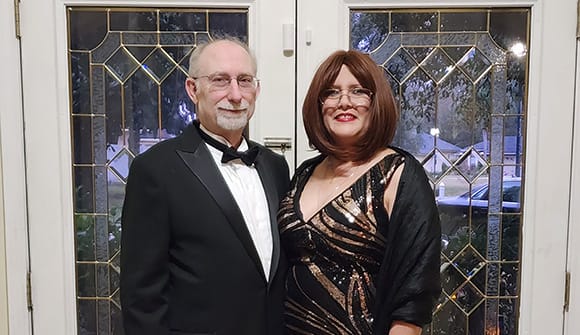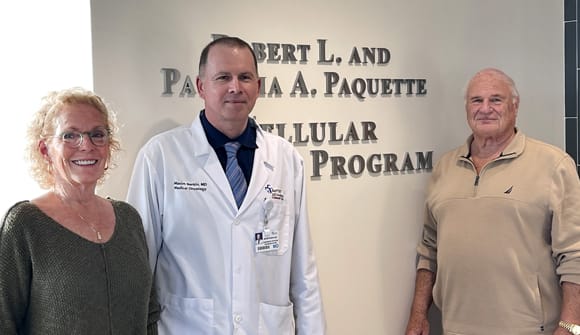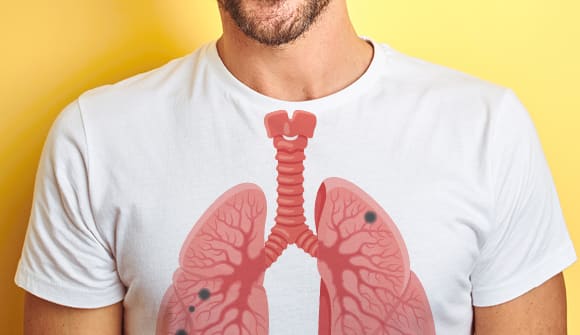Taking control of your breast cancer risk
Things you can do to lower your chances of developing breast cancer.
Article Date:

Most people think getting cancer is something you have absolutely no control over. But did you know that 85% of patients with breast cancer have no genetic mutation or family history of the disease? Be encouraged – there are many things you can do to lower your risk of breast cancer.
Mona Janfaza, MD, a breast surgical oncologist with Baptist MD Anderson, provides helpful tips on what you can do.
-
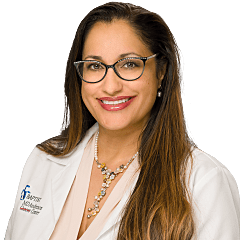
Baptist MD Anderson Cancer Physicians
Mona Janfaza, MD, FACS
Breast Surgical Oncologist, General Surgeon
1. Toss the cigs.
Not smoking or using tobacco of any kind is the No. 1 thing you can do. Smoking is highly associated with breast cancer, especially among younger, pre-menopausal women.
2. Ditch the booze.
The World Health Organization has recently published a statement saying that when it comes to alcohol consumption, there is no safe amount that doesn't affect health. Women who choose to drink should limit it to one drink per day. That means one beer, one 5-ounce glass of wine, or one mixed drink with no more than 1.5 ounces of liquor.
3. Stay active.
Be physically active and maintain a healthy body mass index (BMI). Obese post-menopausal women have a 20%-40% higher risk than those who are at a healthy BMI.
4. Eat healthy.
A well-balanced diet high in lean protein, fruits and vegetables, especially foods high in antioxidants, has been shown to decrease the risk of cancer. Recent data shows higher consumption of ultra-processed foods is associated with a greater risk of developing cancer.
5. Check your meds.
Estrogen-only hormone replacement therapy may increase your breast cancer risk when used for more than two years. Talk to your doctor if you are considering this therapy.
6. Schedule regular mammograms.
Take control of your breast health by having a mammogram starting at age 40 (earlier if you have a family history) and performing monthly self-exams. Your gynecologist will perform a clinical exam of your breasts during your annual visit; ask him or her to show you what to look for, especially if you have implants, which may make it difficult to distinguish between breast tissue and the implant.
7. See your doctor.
If at any time, you experience pain, redness, breast shape or contour changes, skin or nipple changes, or feel a mass or thickening, make an appointment right away to see your doctor. Early detection can save your life.
8. Get genetic testing.
Finally, if you have a strong family history of breast cancer, you may want to undergo genetic testing. There are options for women who have the "breast cancer gene," including surgery, or simply having more frequent screening.
Baptist MD Anderson Cancer Center treats all types and stages of breast cancer
If you or a loved one has recently discovered a lump in their breast, had a suspicious mammogram or been diagnosed with breast cancer, Baptist MD Anderson Cancer Center is here to offer hope, compassion and care.
